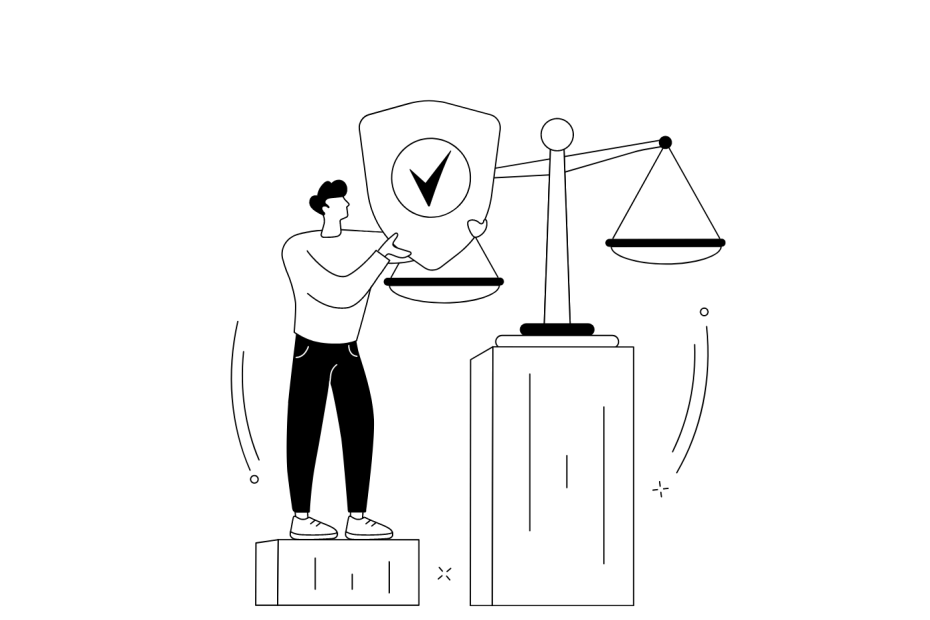As a member of a Homeowners Association (HOA) board, embracing your fiduciary duty is paramount to fostering a thriving and harmonious community. This responsibility entails acting in the best interests of the association, managing community assets wisely, and ensuring the well-being and satisfaction of all residents. This comprehensive guide will delve into the essence of fulfilling your fiduciary duties as an HOA board member.
Understanding Fiduciary Duties
Fiduciary duty encompasses a legal and ethical obligation to make decisions that are in the best interest of the HOA and its members. It is founded on principles of trust, good faith, and transparency. The primary components include the duty of care, loyalty, and obedience.
- Duty of Care: Exercise reasonable care and due diligence in managing HOA affairs, making informed decisions after careful consideration.
- Duty of Loyalty: Place the interests of the community above personal interests, avoiding conflicts of interest.
- Duty of Obedience: Adhere strictly to the HOA’s governing documents and state laws, ensuring all actions are within the scope of the association’s powers.
Strategies for Living Up to Your Fiduciary Duties
1. Educate Yourself and Stay Informed Knowledge is power. Familiarize yourself with the HOA’s governing documents, state laws, and best practices in community management. Continuous education through seminars, workshops, and reading relevant materials can enhance your decision-making skills.
2. Implement Transparent Communication Open lines of communication with community members build trust and reduce conflicts. Regular updates, open board meetings, and accessible records ensure members feel informed and involved in community affairs.
3. Practice Sound Financial Management The financial health of the HOA is a critical aspect of fiduciary duty. This involves creating realistic budgets, ensuring timely collection of dues, maintaining reserves for future expenses, and conducting regular financial audits.
4. Make Decisions with Due Care Decisions should be made after thorough research, consideration of expert advice, and deliberation on potential impacts. Avoid rushed or uninformed decisions that could harm the community.
5. Avoid Conflicts of Interest Act in the HOA’s best interest, not your own. Disclose any potential conflicts of interest and recuse yourself from decisions where you cannot be impartial.
6. Enforce Rules Fairly and Consistently Rules and regulations are in place for the community’s benefit. Apply them uniformly to all residents, and ensure enforcement actions are reasonable, within your authority, and documented.
7. Use Technology to Enhance Efficiency Leverage HOA management software, like RunHOA, to streamline operations, improve financial tracking, facilitate communication, and manage documents efficiently. Technology can significantly aid in fulfilling fiduciary responsibilities by providing tools that make governance more transparent, inclusive, and effective.
Conclusion
Living up to your fiduciary duty as an HOA board member is fundamental to the success and sustainability of your community. It requires a commitment to ethical governance, responsible management, and continuous improvement. By adhering to these principles and leveraging available resources and technology, you can ensure that your HOA thrives, benefiting all members of your community.
